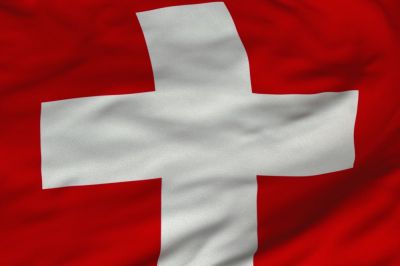
Shorter
postgraduate courses leading to the award of a Certificate or a Diploma are
offered by Universities and Universities of Applied Sciences. They are usually
part-time courses and have a vocational orientation. Meanwhile, some
Universities and Universities of Applied Sciences are also offering further
training via advanced Master programmes (at least 60 credits) to be known as
MAS (Master of Advanced Studies).
The Doctorate in Switzerland is regarded as a stage of postgraduate education. It is awarded by the 10 cantonal universities and the two Federal Institutes of Technology in areas of study such as Arts, Education, Science, Engineering, Theology, Law, Economics, and Medicine. The duration of study varies. In Science, the Doctorate may take a further two to five years and in Engineering between two and four years. In Law, Economics and Social Sciences, it may take from one to three years in the German-speaking institutions and up to four years in the French. The defence of the Doctoral thesis (Doktorpruefung/Examen de Doctorat) may be viva voce or candidates may have to sit for an oral and a written examination or have to pass two written examinations and three oral examinations in the chosen major and minor subjects.
Doctors in Medicine and Dentistry (in the field of Orthodontics) wishing to specialize may prepare a Diplôme de spécialité after practical work lasting between five and seven years as assistant Physicians. Doctors in Medicine add FMH (Foederatio Medicorum Helveticorum) after their professional title. Doctors in Dentistry are given the title Kieferorthopäde SSO/Spécialiste SSO orthodentie after four years' postdoctoral study and an examination. These specializations are currently being revised. The Habilitation is the highest academic Degree and is only awarded in German-speaking universities in main fields. After submitting a thesis (Habilitationsschrift), candidates must give a public lecture. The Habilitation qualifies for a Professorship.